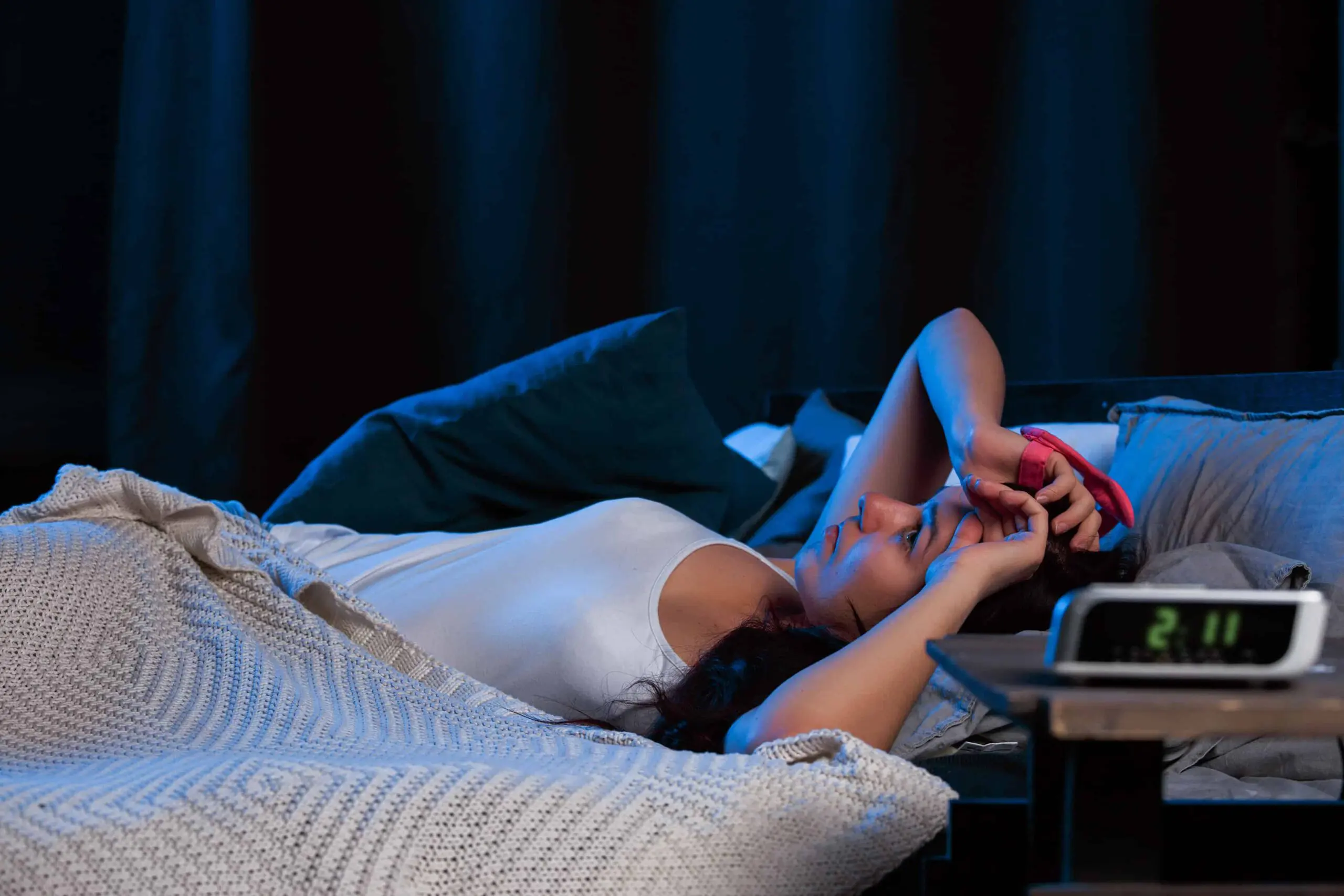
For many of us, tossing and turning has become a normal part of our lives. According to the CDC, roughly 30% of the population suffers from insomnia. Even that statistic seems like it might be a little low since pretty much every adult I know feels sleep deprived.
Why Is Sleep Important?
While leading hectic lives, we often feel the need to cut into our sleeping time. Sometimes it is tempting, or necessary, to stay up late, wake up early, or wake up intermittently during the night (as parents of babies and young children can attest). But regular, uninterrupted sleep is an essential component to good health.
First, sleep is important for safety. Living in an insomnia-induced fog can increase the risk of accidents at home, at work, and on the road.
Second, sleep is essential for good health. When we are asleep, our body repairs blood vessels. Insomnia can increase the risk of heart disease, high blood pressure, kidney disease, and stroke.
Third, appropriate sleep is a vital component of good mental and emotional health. According to the National Institute for Health, improper sleep can negatively affect the ability to make good decisions, regulate emotions and behaviours, and solve problems.
Furthermore, there is a profound link between insomnia and depression. As sleep-deprived individuals are ten times more likely to become depressed than those who get enough rest.
Why Can’t We Get to Sleep?
So, why aren’t we getting enough sleep? In a single word: Netflix.
Just kidding, kind of!
Actually, distractions and screen time can play a big part in America’s insomnia epidemic. Social media, television, work – all of these elements keep our brains stimulated and awake by causing our bodies to produce cortisol, also known as the “stress hormone”.
Another problem with screens is the unnatural light they emit. Bright lights can confuse the body’s natural circadian rhythm. Tricking the brain into thinking “light” should equal “awake” even when it should be getting ready to go to sleep.
A variety of underlying medical reasons can also contribute to lack of sleep. Certain medications may need to be taken in the morning as opposed to the evening to avoid a stimulating effect.
Anxiety, depression, and PTSD can also manifest symptoms of insomnia. Even physical issues such as sinus problems or acid reflux can prevent patients from getting enough sleep.
Any time a physical problem or illness is causing insomnia. The only way to treat insomnia is to treat the underlying problem. Consult a doctor if you are experiencing depression, anxiety, or any other physical ailment that may be contributing to your sleeping difficulties.

Treating Insomnia Naturally
The good news is that insomnia is highly treatable and can usually be reversed naturally.
First, try removing outside factors that may be preventing you from sleeping well.
Try eliminating screens for one to two hours before bed. Instead of scrolling through your phone in bed or falling asleep binge-watching a new show. Try putting your phone on “Do Not Disturb” and reading a few chapters of a book.
Another good option may be white noise. Such as a sound machine that can drown out disruptive noises at night, helping you sleep more soundly.
Natural supplements such as melatonin, lavender, or valerian root can be taken before bedtime to help restore the body’s natural sleep rhythm.
Try brewing a cup of chamomile tea an hour before bed. Chamomile contains antioxidants that can help reduce anxiety and cue the brain to produce melatonin.
Last, but not least, weighted blankets may be a good way to naturally treat insomnia like those from Mela. Gentle, firm pressure applied to the body’s many deep touch pressure receptors, can soothe the central nervous system and lower cortisol levels, enabling the body to produce melatonin and get to sleep.

